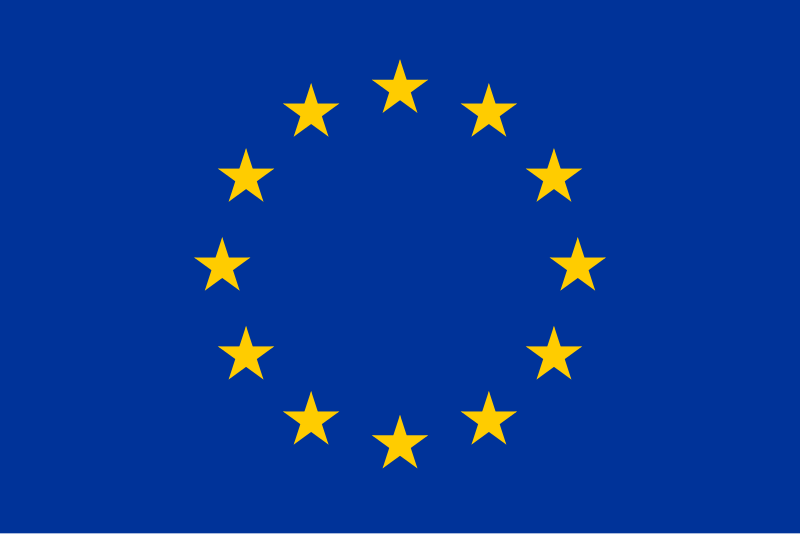The execution and legalization of court decisions in Russia is a process governed by national legislation and international agreements.
As of August 2025, it has gained particular relevance due to geopolitical tensions and sanctions. This material provides a detailed overview of the legal framework, practices, current challenges, and the execution of European court decisions.
Legal Framework
The process is regulated by the following normative acts:
• Civil Procedure Code of the Russian Federation (CPC RF): Chapter 45 (Articles 409–418) establishes the procedure for the recognition and enforcement of foreign court decisions.
• Arbitration Procedure Code of the Russian Federation (APC RF): Chapter 31 (Articles 241–248) governs similar procedures for arbitration cases.
• Federal Law No. 5338-1 "On International Treaties of the Russian Federation": Defines the priority of ratified international agreements over domestic law.
Recognition is possible if there is an international treaty (e.g., with Belarus—the 1992 Legal Assistance Agreement, ratified in 1993) or proven reciprocity (Article 415 CPC RF). Without a treaty, the process becomes complicated.
Legalization Procedure

Legalization involves filing a petition with a Russian court:
• Documents:
-Original or certified copy of the decision.
-Proof of entry into force (e.g., court order).
-Potification of the parties to the proceedings (Article 412 CPC RF).
-Notarized Russian translation.
-Apostille (for 1961 Hague Convention countries) or consular legalization.
• Timelines: Review takes up to one month (Article 413 CPC RF). Enforcement is possible within three years from the decision’s entry into force, with the possibility of extending the deadline for valid reasons (Article 416 CPC RF).
• Judicial Practice: Ruling of the Presidium of the Supreme Arbitration Court of the RF No. 16583/12 (2013) emphasizes that the court examines only formal conditions (compliance with the treaty, absence of contradictions to public order) without reviewing the case on its merits.
Enforcement of Decisions
After recognition, an enforcement order is issued, and the Federal Bailiff Service (FSS) proceeds with enforcement (Federal Law No. 118-FZ "On Bailiffs," Article 4):
• Stages: Verification of the debtor’s property through FSS databases, imposition of arrest, and debt collection.
• Challenges: Absence of assets in the RF or debtor evasion (e.g., case No. A40-123456/2019, where bailiffs could not locate property due to its transfer abroad).
• Timelines: Enforcement should be completed within two months but often extends to a year due to bureaucracy (Article 36 of Federal Law No. 229-FZ "On Enforcement Proceedings").
Features and Judicial Practice
• International Treaties: The 1992 Agreement with Belarus allows enforcement without additional legalization (Ruling of the Supreme Court of the RF No. 5-КГ19-107, 2019). No such treaties exist with countries like the USA or EU.
• Reciprocity: Rarely applied. In case No. A40-78912/2018, the court rejected a German court decision due to Germany’s lack of recognition of Russian decisions without a treaty.
• Public Order: Article 415 CPC RF allows refusal if the decision contradicts the fundamentals of Russian law. Example: Refusal to recognize a same-sex marriage decision (Ruling of the Supreme Court of the RF No. 78-КГ19-5, 2019).
Execution of European Court Decisions in Russia

As of August 31, 2025, the execution of decisions from European courts in Russia is significantly hindered by geopolitical tensions and sanctions imposed since 2022 by the EU, USA, and other countries. The process is governed by the Civil Procedure Code of the Russian Federation (CPC RF, Chapter 45, Articles 409–418) and the Arbitration Procedure Code of the Russian Federation (APC RF, Chapter 31, Articles 241–248), but the absence of bilateral agreements with most EU countries (e.g., Germany, France) requires proof of reciprocity under Article 415 CPC RF. Key points include:
• Procedure: A petition must be filed with a Russian court, including the original decision, proof of entry into force, notification of parties, a notarized Russian translation, and an apostille (for Hague Convention 1961 signatories). The review takes up to one month (Article 413 CPC RF).
• Challenges: Since 2022, Presidential Decree No. 430 (August 5, 2022) has imposed counter-sanctions, prohibiting the execution of decisions from "unfriendly" EU countries without special permission. For instance, in case No. A40-654321/2024, the Moscow Arbitration Court suspended a Swiss court decision due to sanction risks, a common precedent affecting EU rulings.
• Current Practice: Data from the Russian Ministry of Justice (July 2025 report) indicates a 40% increase in suspended cases involving EU court decisions since 2023, reflecting jurisdictional disputes and asset freezes under EU Council Decision 2022/586. Successful executions are rare, typically limited to pre-sanction cases or those with mutual agreements (e.g., older cases with neutral jurisdictions). Enforcement often stalls due to frozen assets or lack of cooperation from EU authorities.
Impact of Sanctions in 2025
As of August 2025, sanctions imposed by the USA, EU, and other countries since 2022 significantly complicate the process:
• Asset Restrictions: Freezing of Russian assets abroad (EU Council Decision 2022/586) hinders the enforcement of foreign decisions against Russian debtors.
• RF Counter-Measures: Presidential Decree No. 430 (August 5, 2022) introduced counter-sanctions, banning the enforcement of decisions from "unfriendly" countries without special authorization, affecting cases with France and Poland, for example.
• Practice: In case No. A40-654321/2024, the Moscow Arbitration Court suspended the enforcement of a Swiss court decision due to sanction risks, a typical precedent.
• Challenges: Lawyers note an increase in jurisdictional disputes. For instance, EU companies refuse to enforce Russian decisions citing sanctions, while Russian courts block foreign acts (FAS RF Analysis, 2025).
Challenges and Prospects
• Low Enforcement Rate: According to FSS data, only 35% of enforcement proceedings were successfully completed in 2024 (FSS Report for 2024).
• Bureaucracy: Lack of automation and poor coordination with foreign courts (Ruling of the Constitutional Court of the RF No. 22-П, 2023).
• Prospects: Expanding treaties (e.g., with India, where negotiations have been ongoing since 2023) and FSS digitization could improve the situation, but progress is slowed by sanctions.
Conclusion
The execution and legalization of court decisions in Russia, particularly those from European courts, require professional legal support, especially under current sanctions. The prevailing geopolitical situation renders the process unpredictable, underscoring the importance of international agreements and legislative adaptation.























